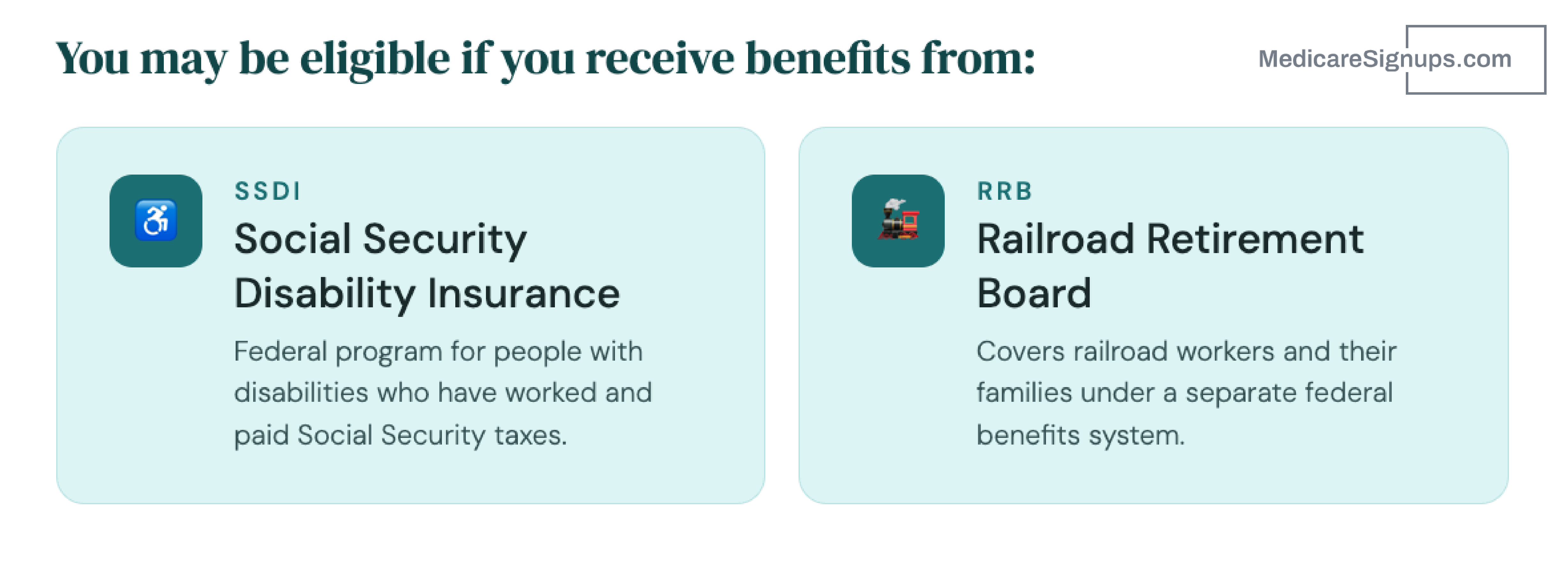
In Texas, Who is Eligible for Medicare Part D?
The Medicare Part D plan helps to cover the cost of prescription drugs that are not covered under Medicare Part A and Part B in the sate of Texas. That being said, in order to be {internal:1055}eligible(/internal:1055} for Medicare Part D, you must be enrolled in Medicare Part A and/or Part B and be a resident of the United States.
There are a few different ways to qualify for Medicare Part D. One way is to automatically qualify based on your enrollment in other Medicare plans. For example, in Texas if you are enrolled in Medicare Part A and/or Part B in, you will automatically be qualified to enroll in Medicare Part D.
Another way to qualify for Medicare Part D is to join a Medicare Advantage Plan (also known as Medicare Part C) that includes prescription drug coverage. If you enroll in a Medicare Advantage Plan that includes Part D coverage, you will automatically be enrolled in Medicare Part D.
If you have a disability, you may qualify for Medicare Part D if you receive Social Security Disability Insurance (SSDI) or Railroad Retirement Board (RRB) benefits for 24 months. After this period, you will automatically be enrolled in Medicare, including the option to get Part D for prescription drug coverage.

For individuals with End-Stage Renal Disease (ESRD), eligibility for Medicare Part D is available if you qualify for Medicare due to ESRD, regardless of age. People with ESRD can enroll in a Medicare Part D plan to help cover the cost of prescription medications related to their treatment, for example, immunosuppressive drugs after a kidney transplant. Ensuring that you qualify in these areas can be a bit complex at times, consulting with a Medicare Agent local to you is a great way to make sure you've got the best personalized coverage.
In addition to these automatic enrollment options, you can also enroll in Medicare Part D during specific enrollment periods. In Texas the Initial Enrollment Period for Medicare Part D begins three months before the month you turn 65 and ends three months after the month you turn 65. If you miss this initial enrollment period, you can enroll in Medicare Part D during the annual enrollment period, which runs from October 15 to December 7 each year.
If you are not automatically enrolled in Medicare Part D and you do not enroll during the initial or annual enrollment periods, you may have to pay a late enrollment penalty. This penalty is added to your monthly Part D premium and is calculated based on the number of months you were eligible for Part D but did not enroll.
It's important to note that in Texas not all prescription drugs are covered under Medicare Part D. The plan covers most commonly prescribed drugs, but there may be some drugs that are not covered. In addition, some drugs may be subject to a higher copayment or coinsurance.



